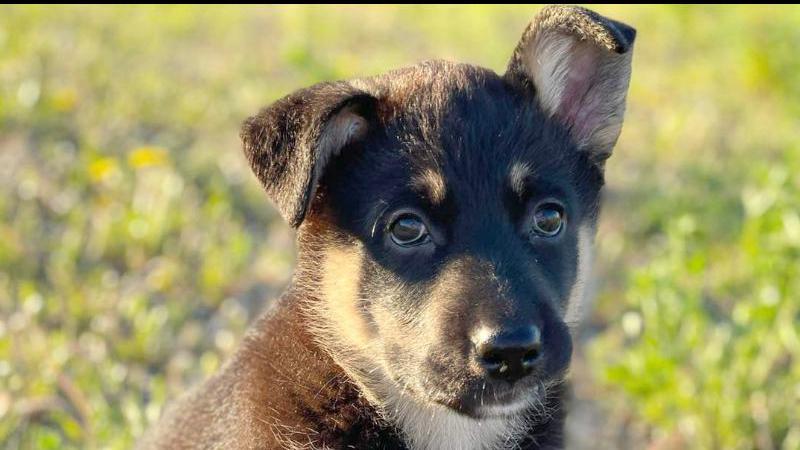
COVID in pets? Not so fast, says SPCA manager
You may have seen a study recently that showed an increase of COVID-19 in animals. While that’s enough to make any pet owner worried, one local organization is saying there’s no need to panic.
You’re unlikely to find any COVID-19 in the animals at the Prince Albert SPCA. Their cleaning protocols have been so strict from the opening of the pandemic that they’ve not had any cases of the virus in any of the animals at the shelter.
“The reality of it is, the concerns of giving COVID to animals is almost our least concern,” said Ashlee Bober, shelter manager with the Prince Albert SPCA. “It’s not something we’ve had any reliable information to go off of.”
According to Dr. Rebecca Archer, a clinical instructor of small animal medicine at the University of Calgary, the chances of a pet getting COVID-19 appear to be very low. Dogs in particular are not easily infected by the virus.

